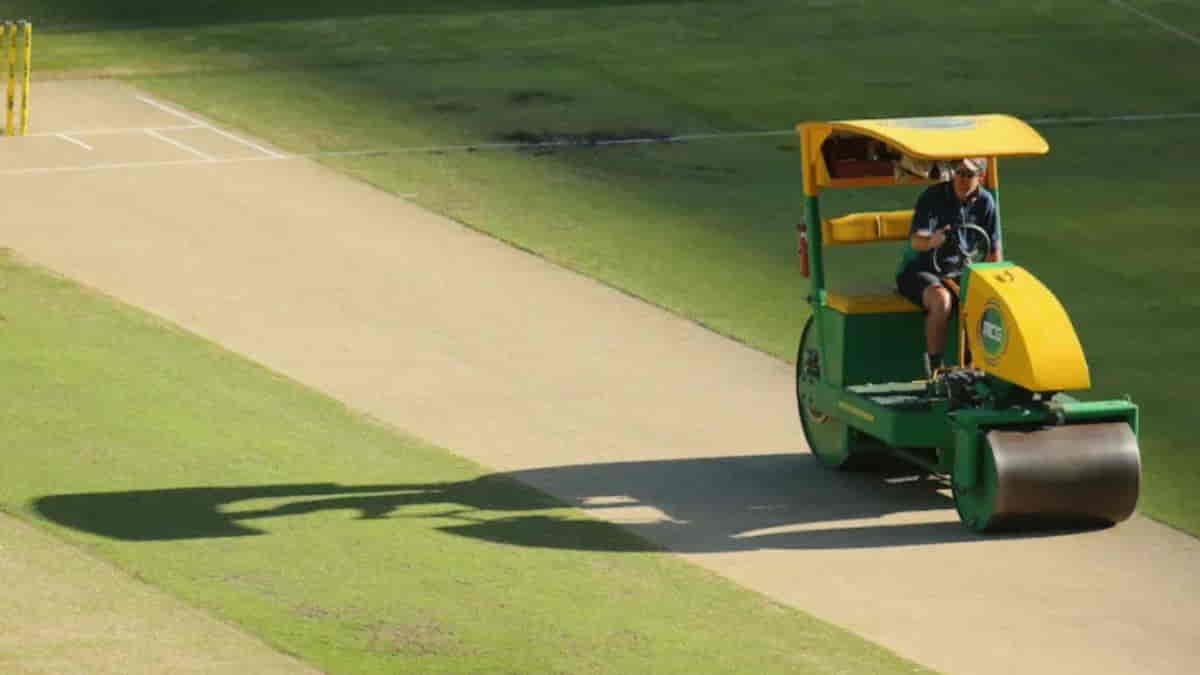Pitches in the sport of cricket are the most crucial and essential part of the game. The 22-yard pitch between the ground moves the game forward and the whole game depends upon it among other factors. There are various types of pitches as well which depend upon the curator and weather factors.
Only the curator contributes to making the pitch
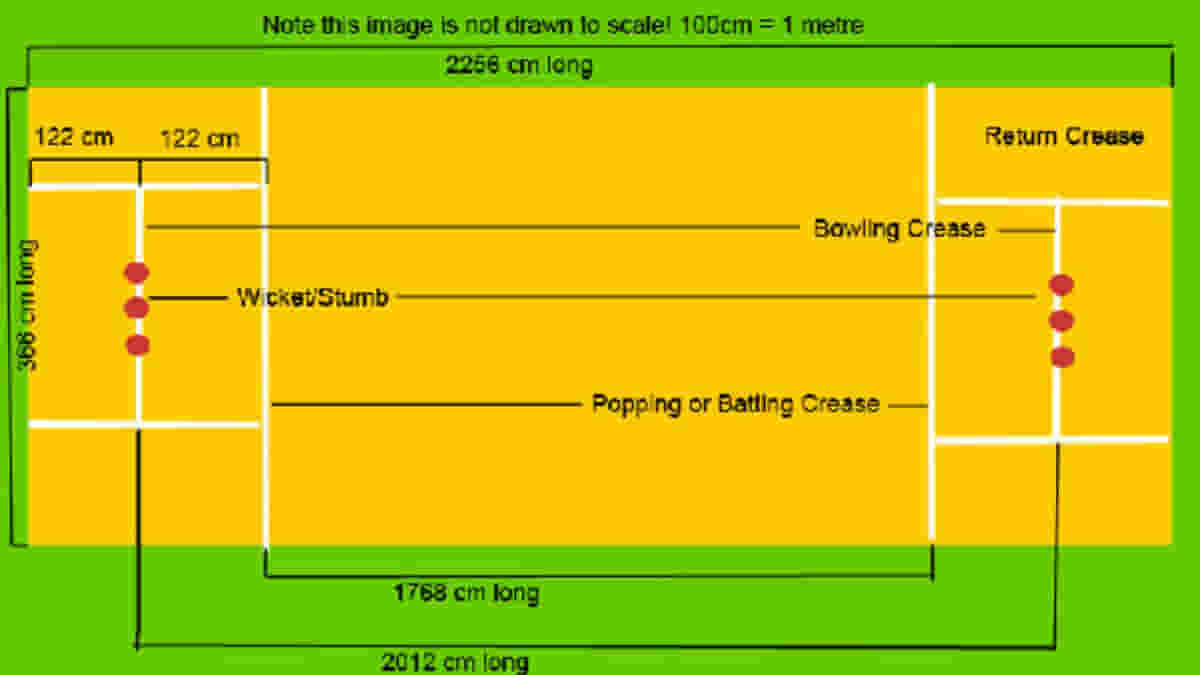
Everybody knows that the home team gets the advantage, but it cannot get the pitch made arbitrarily. The captain of the home team can only ask the curator what kind of pitch he is making. The home board surely provides some guidelines to the curator to make the pitch and the pitch is formed based on those. The curator creates the pitch in the format.
Types of pitches
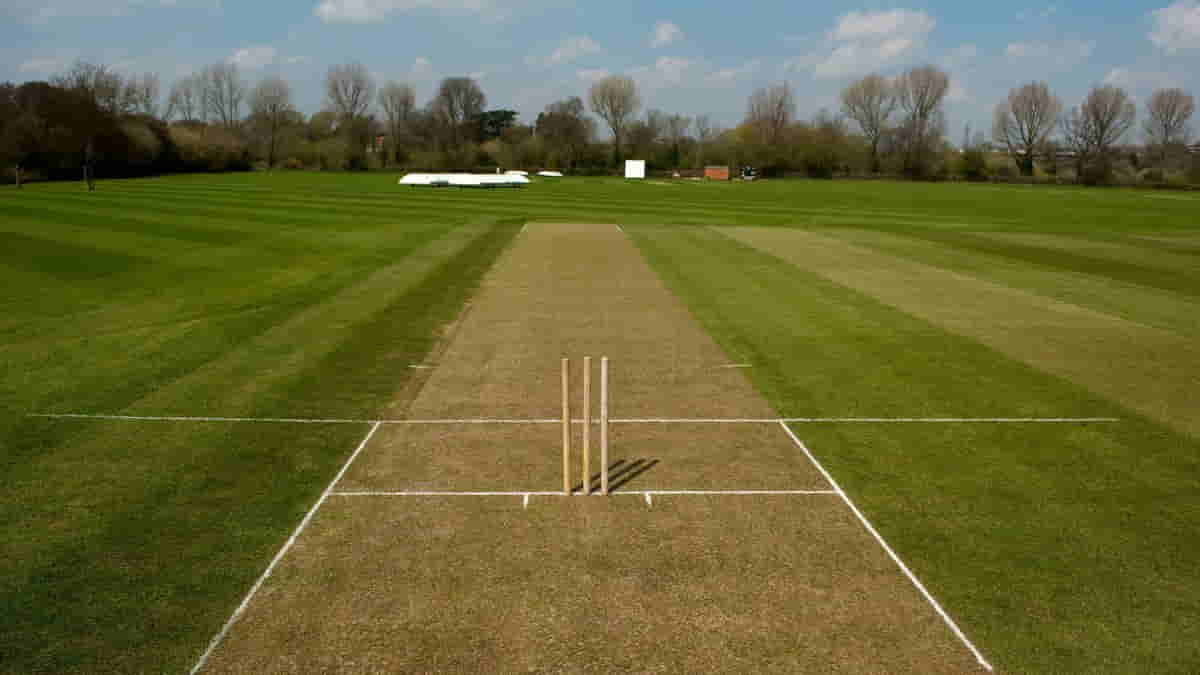
Mainly these four pitches are used
Generally, four types of pitches are used in cricket. These pitches are known as a flat, hard, rank turner, and green top.
On flat and hard pitches, both batsman and bowler get a chance. However, the benefit goes to the bowler in rank turner and green top. Help is given to the spinners in turner and fast bowlers in the green top.
Pit
A three-foot-deep pit is dug to make the pitch.
First, he digs a pit up to a depth of three feet. After that, he piles pieces of stone and coal in that pit to make the base. He continuously uses a heavy roller on that base to make it strong. Apart from black and red soil, gravel is also used to make the bottom surface strong. Grass, red or black soil is applied on the main pitch according to the match and situation.
Pitch making material
These things are used to make a good cricket pitch
Several things are used to make a good cricket pitch. In such a pitch, the proportion of red soil is more than 50 percent. Along with that, it contains less than 20 percent of sandy soil. Gorung is also kept in less than 20 percent quantity. The particles of gravel are kept in less than five percent quantity. The pH value of the pitch is kept between 630 to 730.
Differences in pitches
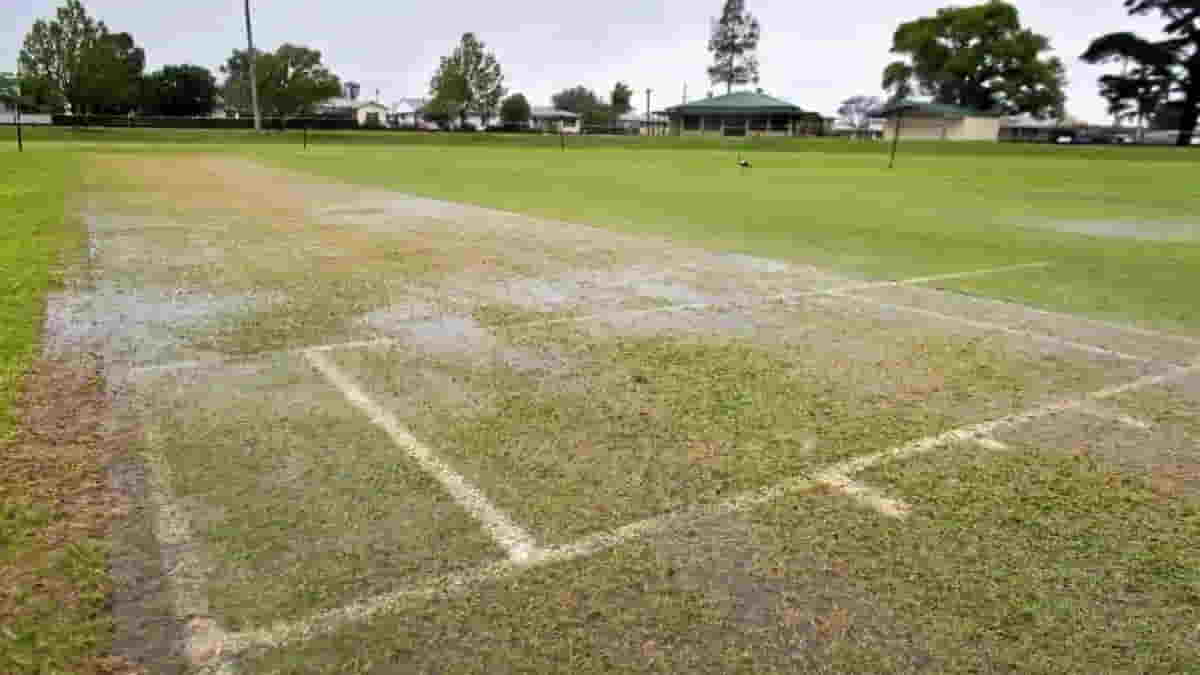
These are the differences between red and black soil pitches
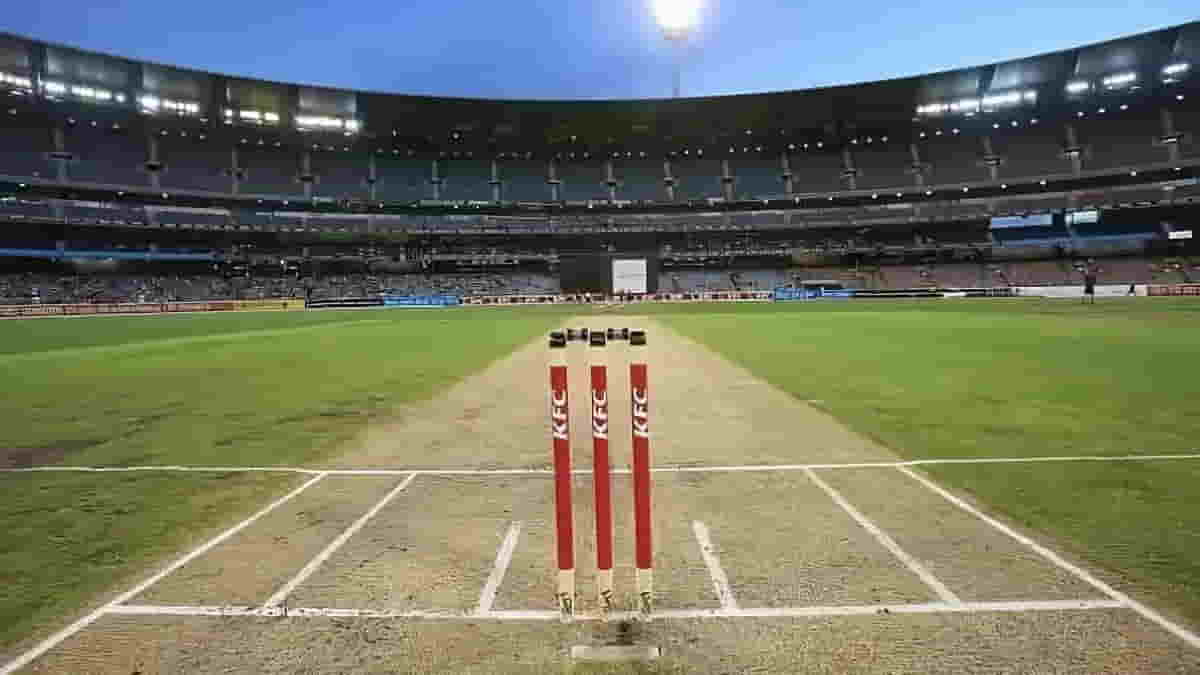
There is much of a difference between red soil and black soil pitches. Red soil pitch spreads whereas black soil pitch does not spread and lasts longer. The black soil pitch absorbs more water due to which it remains moist and the red soil pitch absorbs less water because of which it dries quickly.
Black soil pitch has fewer cracks whereas red soil has a lot of cracks.


